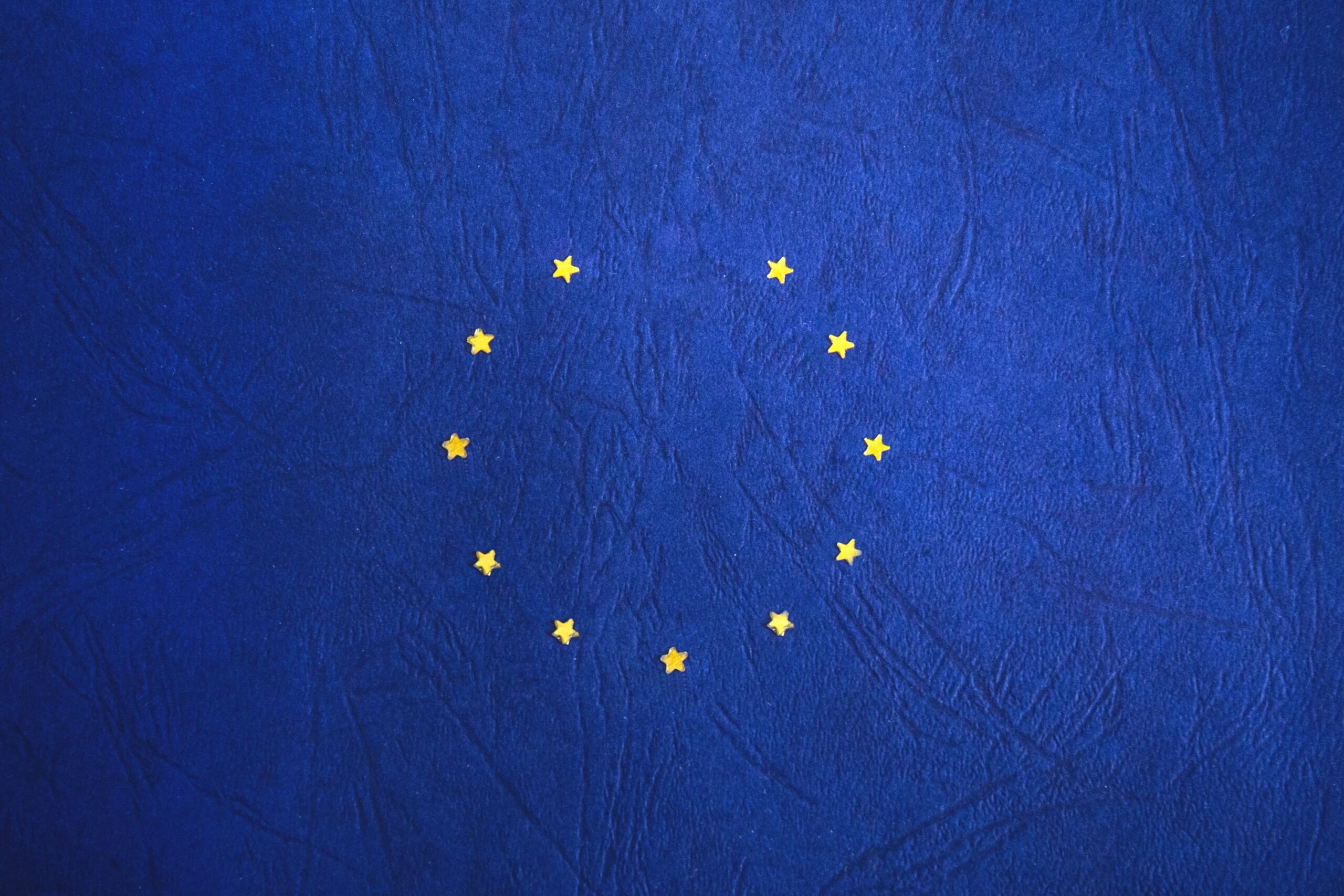Brexit

‘Them’s the breaks’ – Boris Johnson’s fall and exit as Prime Minister of the United Kingdom
Patrick Birkinshaw | 4 October 2022 | Issue 4/2022
Boris Johnson was swept to power as prime minister of the United Kingdom with an unassailable majority of eighty members of parliament (MPs) after the general election in December 2019. The man who was to ‘get Brexit done’ seemed in complete control of his party, the House of Commons and the country. One of the most controversial prime ministers in our history, Johnson was propelled from one cause célèbre to another. His rule exposed weaknesses in the contemporary UK constitution and how those weaknesses can be exposed by a politician determined not to be bound by conventional constraints on his office. The following tracks Johnson’s downfall and resignation and suggests areas in prime ministerial governance that need to be addressed by the incoming UK prime minister.
Read MoreThe UK’s Future Contribution to European Public Law
Patrick Birkinshaw | 13 July 2022 | Issue 3/2022
The EU added a dimension of overriding legality to our constitution that was judicially determined and made by an edifice constructed by law. When the lessons of Van Gend en Loos and Costa v ENEL were learned there were profound effects: not only was legislation disapplied which contravened directly enforceable EU law but injunctions could issue against a minister standing in the shoes of the Queen as an officer of the Crown when contravening EU law. Leaving the EU involved a major change in our constitution. The EU (Withdrawal) Act 2018 (EUWA) (and now see 2020 EU Withdrawal Agreement Act) was passed to ensure a smooth transition for the UK’s legal system after Brexit. This meant that all EU law (except the Charter of Fundamental Rights), together with pre-Brexit principles of interpretation of EU law (known as “general principles of law”) and the pre-Brexit case law of the Court of Justice, was converted into UK law on 31 December 2020 as “retained EU Law” (REUL). The Government intends both to prioritise reform of retained EU law in areas that will deliver “the greatest economic gain” and to give Parliament the power to define in a more precise way the relationship between retained EU law and UK law. The scope to wander from EU norms will be confined by economic and commercial realities. A pressing constitutional priority will be the challenge to Parliament to keep under scrutiny the vast delegation of legislative powers to the executive that Brexit has brought about.
Read More
Second half of the ninth legislature: challenges and potential opportunities for the European Union
Giancarlo Vilella | 8 September 2021 | Issue 3/2021
When the European Union will come back after the summer break (la rentrée) in September 2021, the second half of the ninth legislature will begin, along with the second half of the term of office of the European Commission presided over by Ursula von der Leyen: the challenges are huge and the projects and unfinished business under way are numerous and complex and all the European institutions are being called upon to cope with a situation which is admittedly delicate yet full of stimuli and potential. First of all, the Conference on the Future of Europe must be brought to a successful conclusion: here not only is the Union’s credibility at stake but also the question of its ability to keep a steady hand on the tiller in the years ahead. At the same time, but still closely linked to the Conference, there is the question of defending the founding values of the Union, in particular the rule of law and non-discrimination, which are the subject of disputes with some States. Then there is the need to get the Next Generation EU operation - one of the most important political and economic initiatives in the continent’s history - off on the right track and, with it, get Europe out of the pandemic crisis, which has a variety of aspects in addition to the obvious one of health. The next few years will also be decisive for assessing the validity and solidity of the agreement on Brexit, which is as sensitive as the pressures on free movement brought about by emergencies. Lastly, there is the immense construction site of digitalisation with its various themes (artificial intelligence, Digital Service, teleworking, cybersecurity). It is therefore worth quickly taking stock of where we stand.
Read More
United Kingdom-European union trade agreement. General features
José Luís da Cruz Vilaça | 14 January 2021 | Issue 1/2021
The trade agreement with the UK has avoided the worst-case scenario, but it is complex and contingent. It establishes freedom of trade in goods, without avoiding the increase in customs bureaucracy. It defines an equality platform, but it provides for compensatory measures (retaliatory?) in case of departure from the standards in force. There is virtually no agreement for services, negotiations must continue. There is a moratorium on fisheries until 2026, with a gradual reduction in catches in the UK UK Exclusive Economic Zone. Europeans can travel without a visa for 90 days, but there is no general agreement on mobility. In essence, the United Kingdom becomes a third country for the European Union and the rules on the application of the Treaty and conflict resolution, based on arbitration and compensatory measures, may result in a permanent negotiation and dispute procedure.
Read MoreBrexit: challenges and opportunities in the EU-UK environmental law & policy framework
Giuseppe Poderati | 11 January 2021 | Issue 1/2021
Brexit represents a meaningful change within the legal and political framework of the EU-UK relationship. The current food and water security regulations, as well as the environmental impact assessment standards, could be considered at stake. Thus considered, this paper points out Brexit not just as a mere “breakdown” in the system in order to lower the contemporary established environmental standards. Indeed, potential environmental risks posed by Brexit could be effectively mitigated by applying the principle of non-regression, and simultaneously institutions can move forward adopting greener legal instruments and political actions inter alia creating new environmental governance and maintaining a high level of cooperation with the EU.
Read More
The New Brexit Deal: Predictable Outcome of a Lose-Lose Negotiation. A First Glance Assessment of the EU-UK Trade Agreement 24.12.2020 (second episode)
Jacques Ziller | 29 December 2020 | Issue 4/2020
The EU-UK Trade and Cooperation Agreement published on 26 December maintains access to the EU market from the UK and vice-versa, but to a quite lesser extent than EU law did. The approach of the Johnson government to the negotiations have led to a treaty that lacks the main guarantees of legal certainty that EU law was offering with the concepts of uniform application direct effect, primacy and consistent interpretation. Brexit is creating far more losers than winners.
Read More
Brexit: to have or not to have a deal? (first episode)
Jacques Ziller | 30 November 2020 | Issue 4/2020
The Withdrawal agreement, which regulates the status of citizens settled before 1 February 2020 is ensuring the continuation of EU citizen’s rights to free movement and residence in the UK ad vitam and vice-versa for the UK citizens settled in the EU. Whether there will be one or more other binding agreements on free trade and other issues between the UK and the EU to enter into force on 1 January 2021 so as to avoid a very damageable “hard Brexit” depends on variables that escape rationality and are therefore unpredictable.
Read More
While the preservation of rights acquired by EU citizens residing in the UK (and vice versa) prior to the withdrawal is ensured by the Withdrawal Agreement signed in January, and entered into force on 1 February 2020, the future of EU-UK relations depends on the outcome of the ongoing negotiations. The outcome of these negotiations remains very uncertain, given the difficulty of reaching a free trade and fisheries agreement, and given the recent British initiative of a bill presented by the British government itself as a partial breach of the Withdrawal Agreement in as far as the movement of goods between Northern Ireland and the EU is concerned. However, the negotiating tactics of the current British government - and of its leader in particular - have become clear: it is a question of the flexing of its muscles for the tug-of-war of the coming weeks. A fair and mutually beneficial trade agreement, while maintaining peace on the hard-won Irish front, is therefore still possible.
Read More